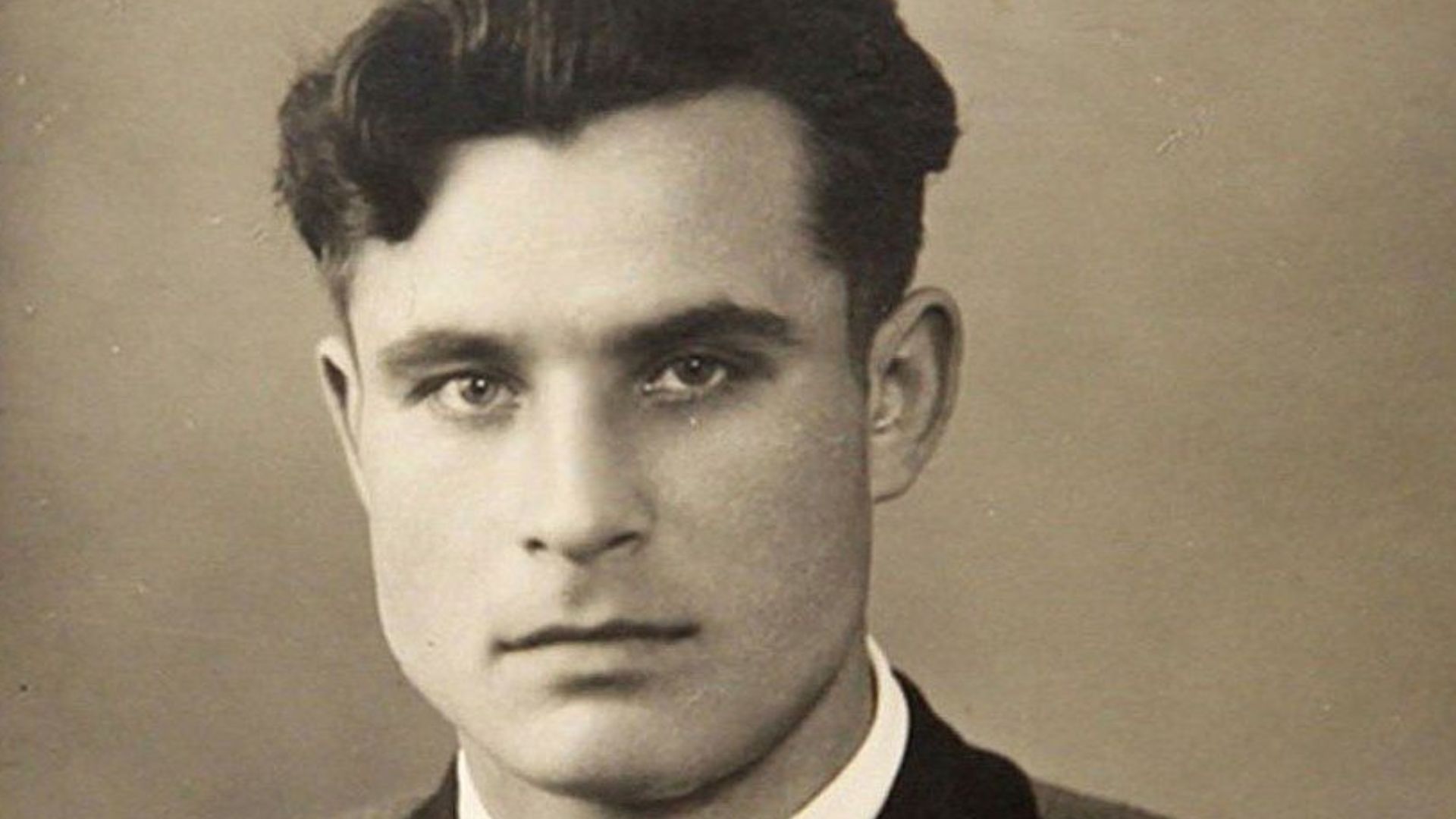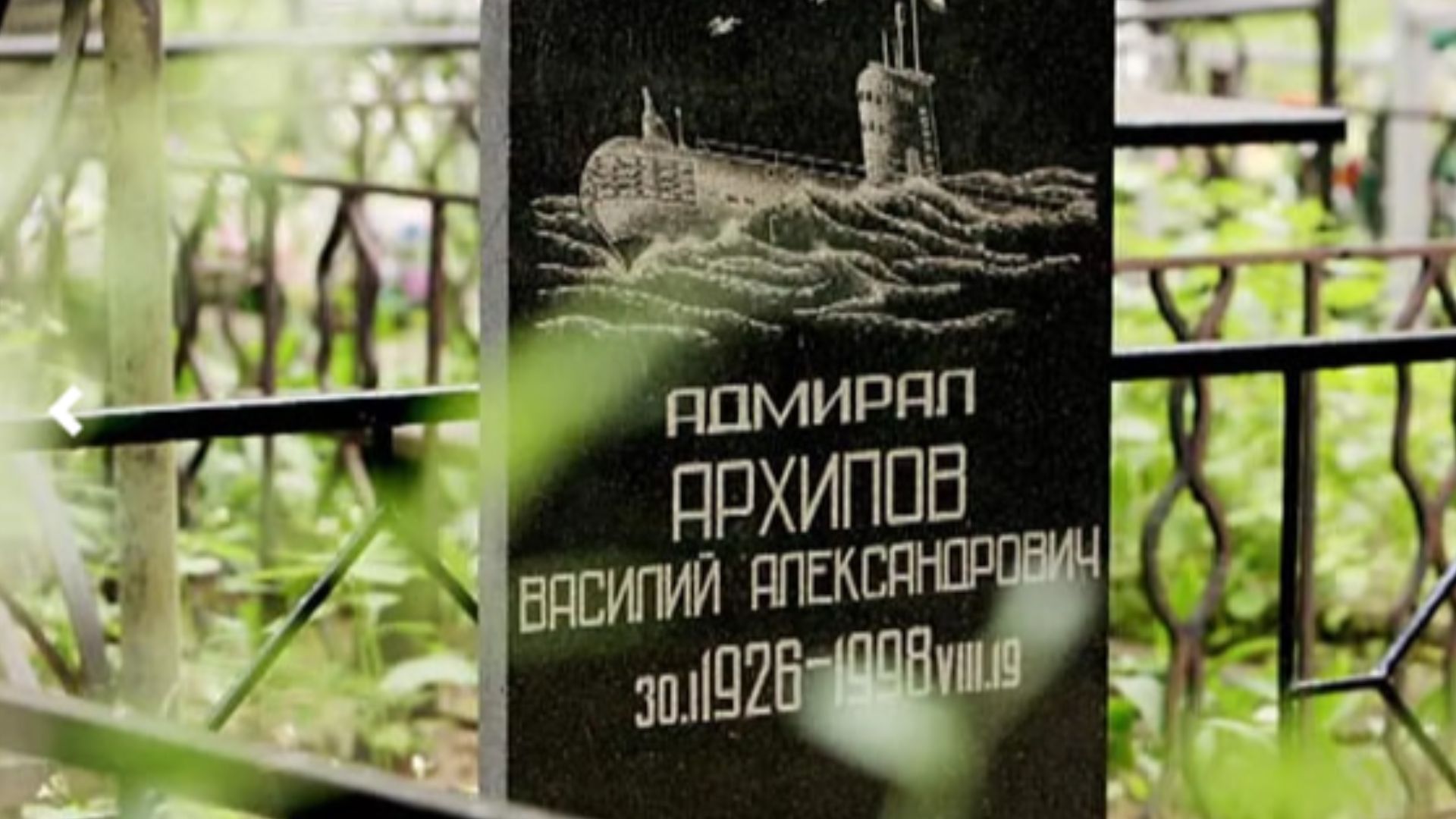How One Soviet Officer Prevented Nuclear Catastrophe During The Cuban Missile Crisis
How One Soviet Officer Prevented Nuclear Catastrophe During The Cuban Missile Crisis
In October 1962, the world stood on the edge of destruction. The United States discovered Soviet nuclear missiles in Cuba, sparking thirteen tense days when global annihilation felt inevitable. Both superpowers prepared for the worst. While politicians negotiated above ground, another drama unfolded deep beneath the ocean’s surface—one that almost ended civilization.
A Soviet submarine named B-59 patrolled near Cuba, cut off from communication with Moscow. Inside, temperatures exceeded forty degrees Celsius, air was scarce, and morale was collapsing. The crew didn’t know if the clash had already begun. When U.S. destroyers started dropping depth charges to force the submarine to surface, the shockwaves convinced the captain that conflict had erupted. The men believed nuclear war had started—and they had a nuclear torpedo ready to launch.
So, let’s find out how one man’s restraint stopped the world from burning.
The Man Who Refused To Fire
Captain Valentin Savitsky and his political officer agreed to prepare the nuclear torpedo. According to Soviet naval protocol, all three senior officers on board had to approve before firing. The third was Vasili Arkhipov, a quiet but respected deputy flotilla commander. Unlike the others, Arkhipov refused to authorize the launch. He argued that they must surface and confirm the situation before taking irreversible action.
His calm reasoning clashed with the captain’s anger. The submarine’s power was dying, carbon dioxide levels were rising, and every passing minute worsened their condition. Yet Arkhipov held firm. He knew panic could destroy more than courage ever could. Slowly, he convinced Savitsky to surface instead of attack. When B-59 emerged, surrounded by U.S. destroyers, the crisis eased. No torpedoes were fired. No nuclear war began.
That single act of defiance—one officer saying “no” at the right moment—changed history.
 Image courtesy by Olga Arkhipova on Wikimedia
Image courtesy by Olga Arkhipova on Wikimedia
The Legacy Of A Quiet Hero
When the submarines returned home, the Soviet leadership offered no medals. Instead, some officers were reprimanded for surfacing and revealing their position. Arkhipov’s moral courage went unrecognized for decades. He continued serving quietly, eventually rising to the rank of vice-admiral before retiring in the mid-1980s. It wasn’t until years later, after the Cold War ended, that Western historians uncovered the full truth of what had happened beneath the waves.
Declassified documents and testimonies from former officers revealed that a single Soviet submarine had nearly launched a nuclear weapon. The discovery stunned historians and policymakers alike. Thomas Blanton, director of the prominent National Security Archive, later called Arkhipov “the man who saved the world.” The phrase may sound dramatic, but in this case, it isn’t hyperbole.
And in 2017, Arkhipov was posthumously honored with the Future of Life Award, recognizing his role in safeguarding humanity’s future. His family accepted the award on his behalf, acknowledging a legacy defined not by conquest or command, but by calm moral courage.
Today, his story stands as a timeless reminder: amid global tension and military might, a single thoughtful choice can preserve humanity itself.
KEEP ON READING

20 Weirdest Historical Objects in Museums
Check Out the Pickled Heart of a Saint. Museums carry…
By Rob Shapiro Oct 1, 2025
20 Ocean Mysteries We Still Haven’t Solved
Unanswered Questions Of The Ocean. The ocean covers most of…
By David Davidovic Sep 1, 2025
10 Phenomenal Mythical Creatures & 10 That Are Just Plain…
Legends Both Majestic And Peculiar. Do you ever wonder why…
By Chase Wexler Oct 1, 2025
20 Historical Predictions That Turned Out To Be True
Crystal Ball Moments In History. Do you wonder what it's…
By Chase Wexler Sep 1, 2025
10 Presidents Who Never Served In The Military & 10…
Commanders And Civilians In Office. Power can rise from very…
By David Davidovic Sep 1, 2025
20 Wars That Could Have Ended Much Sooner Than They…
Wars That Lasted Far Too Long. Wars are often remembered…
By David Davidovic Sep 1, 2025

